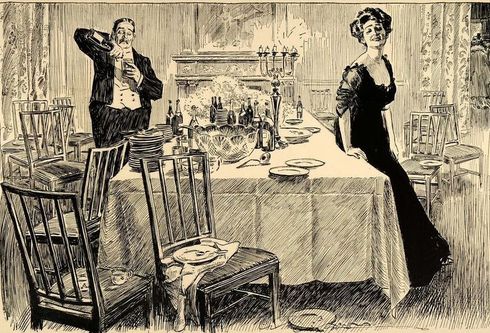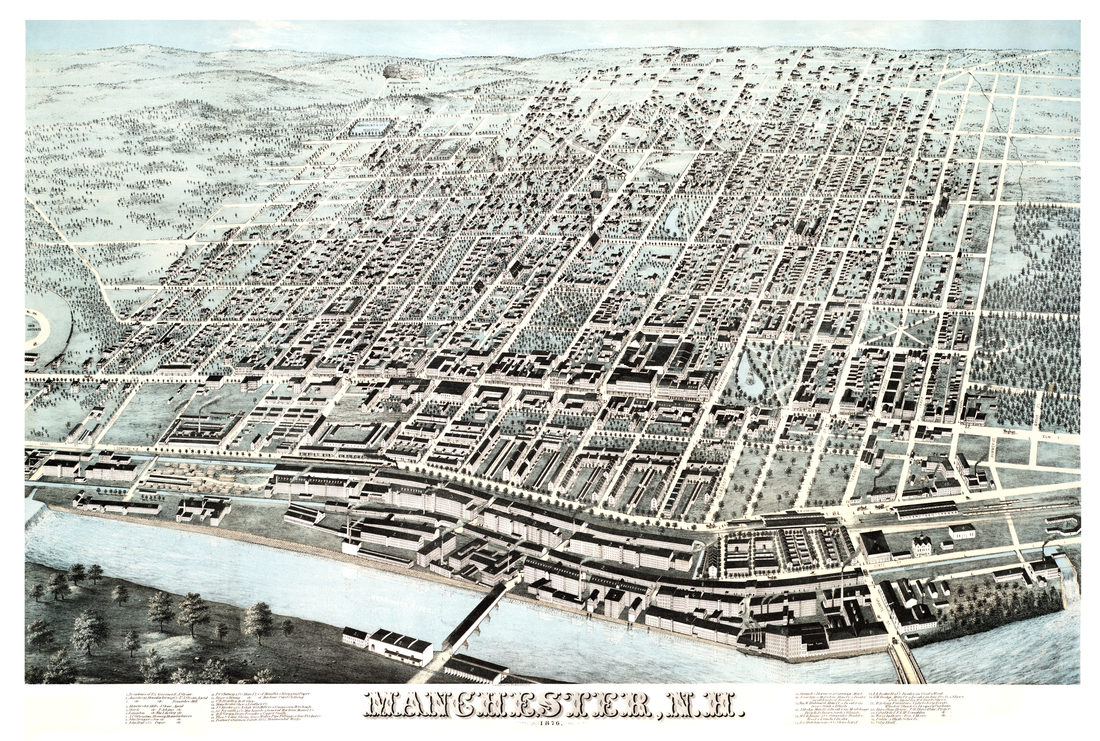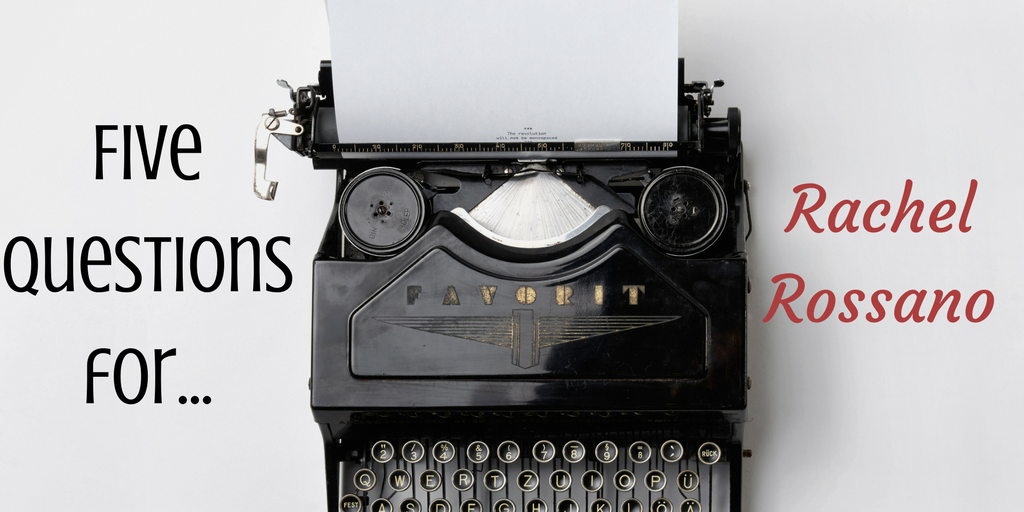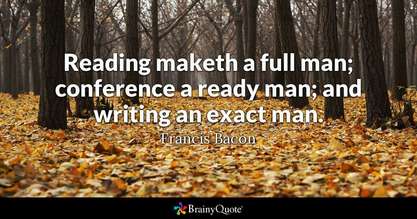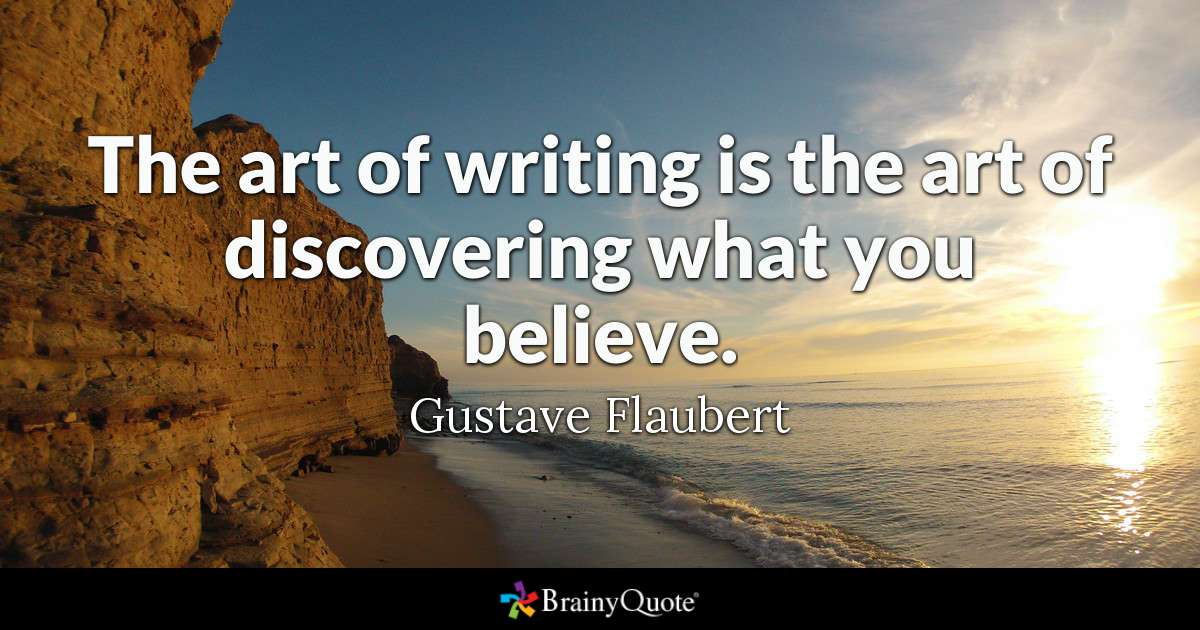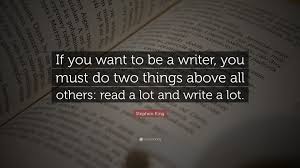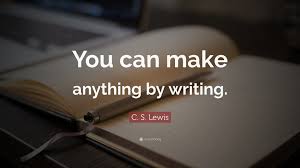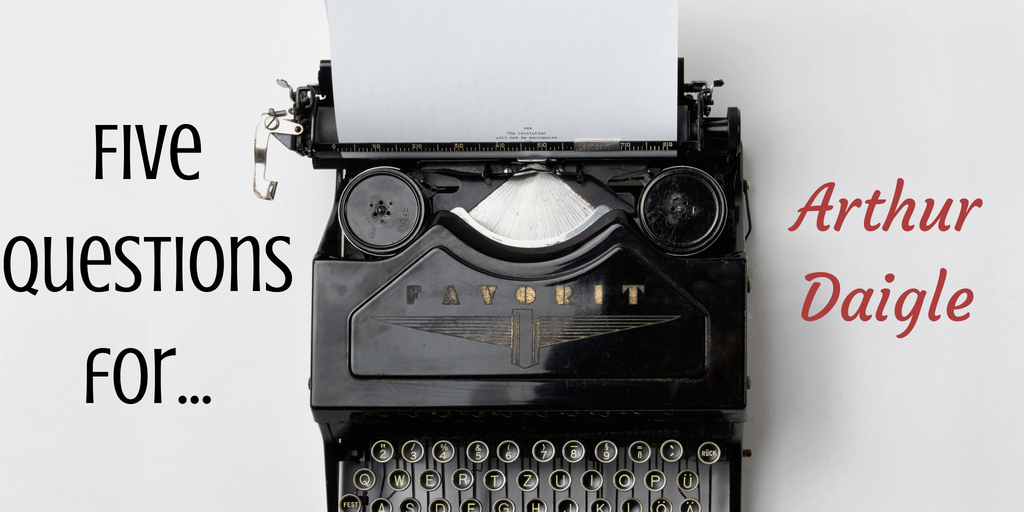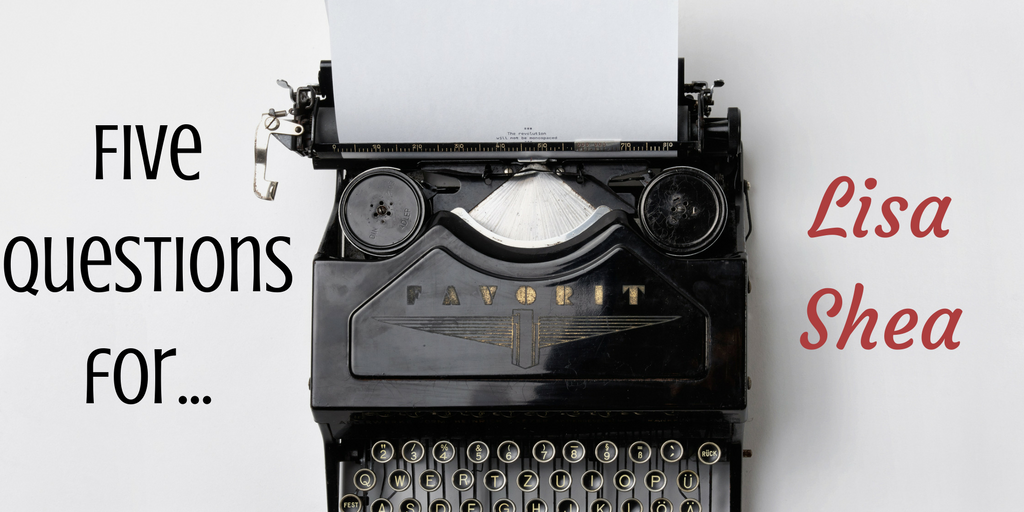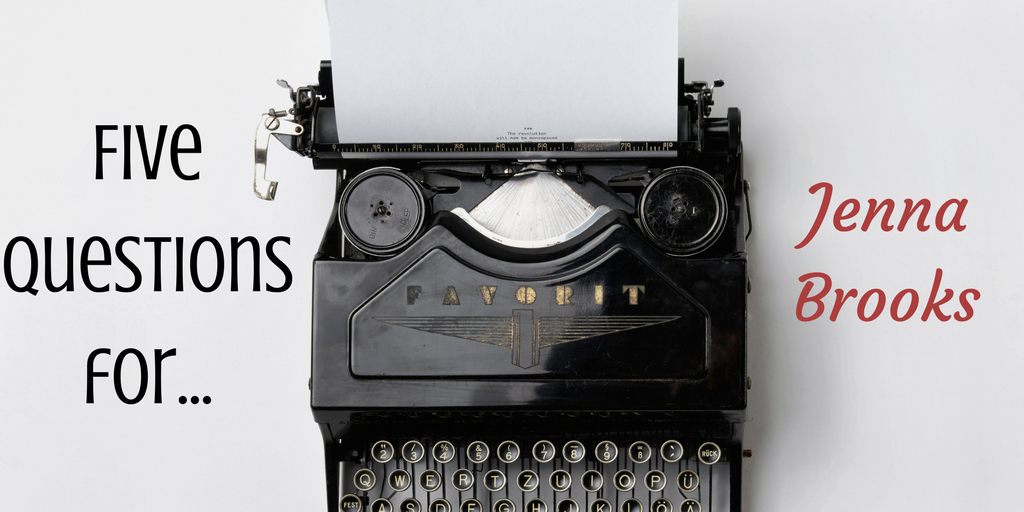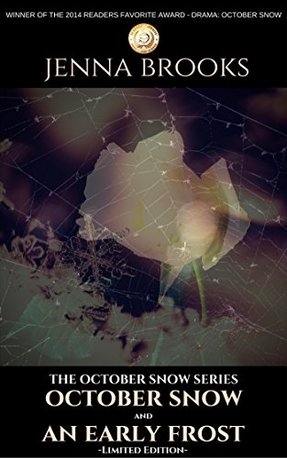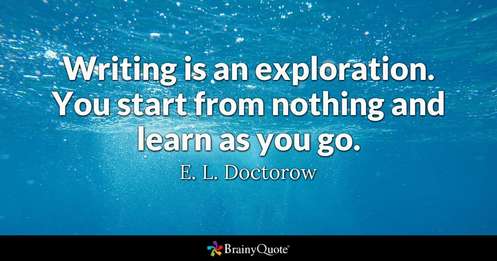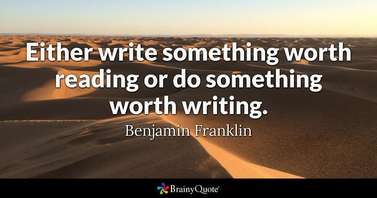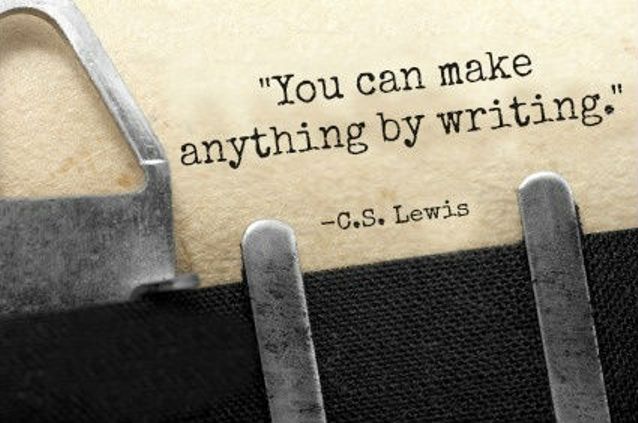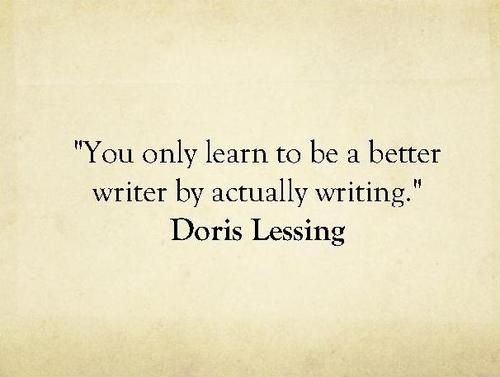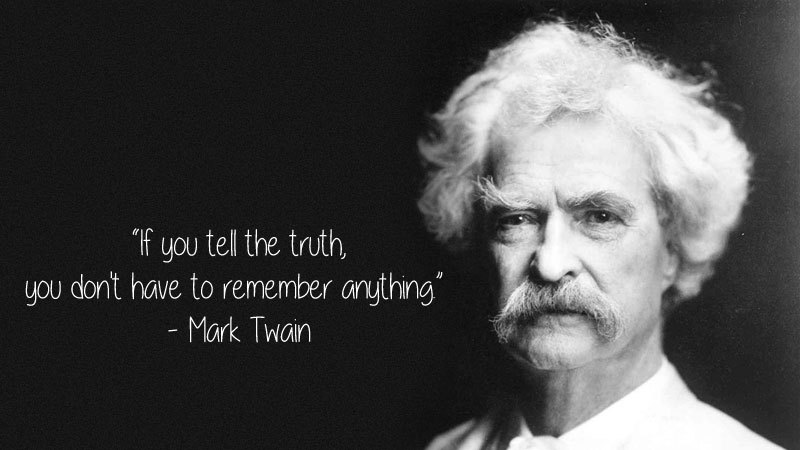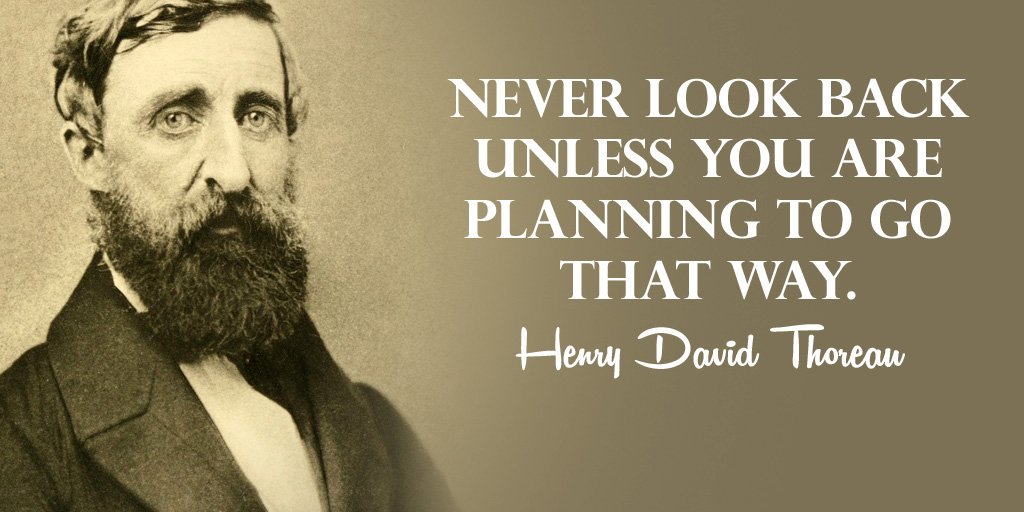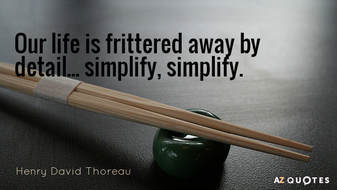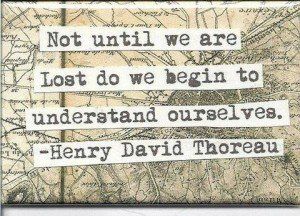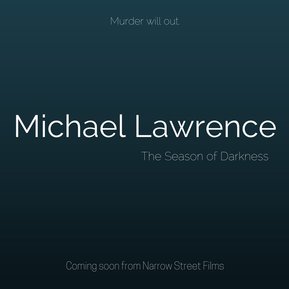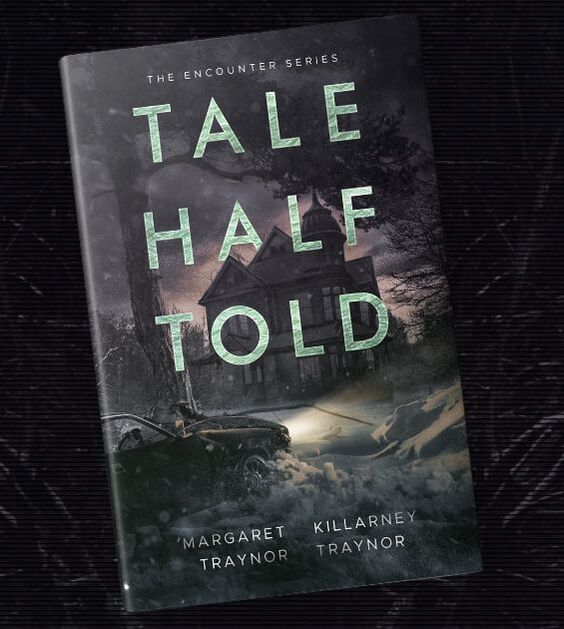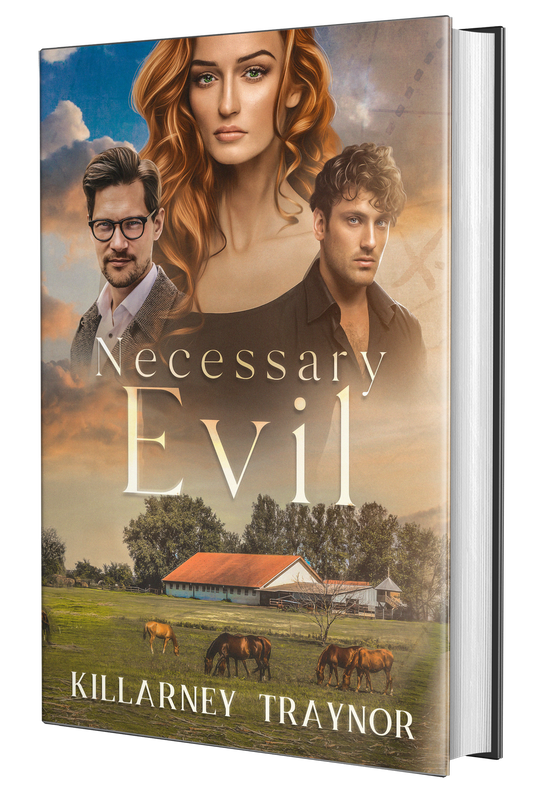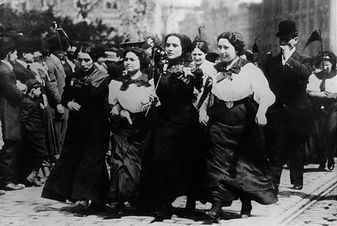 New York Mill Workers, circa 1910 New York Mill Workers, circa 1910 You'll never know what you don't know about a period until you're writing a book or making a movie about that era. Seriously. It's odd what you find yourself typing into the Google search bar. For instance, when I was writing Necessary Evil, I needed to know everything worth knowing about engagement rings during the Civil War. Were engagement rings used? If they were, did they have stones? Were they gold? Could we tell what they were just by looking at them? 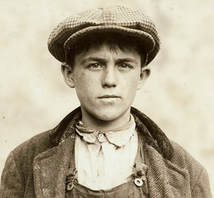 A potato eater A potato eater Similarly, with The Dinner Party, I've found myself researching things that I never would have dreamed of looking into. Here are a few instances: - If you were a jerk, would you call an Irishman a 'potato-eater' (Answer: yes.) - Do the Felsons own a mill or a factory? (Answer: both. It is a factory, but its powered by water, which means it would have commonly been referred to as a mill) - Would a husband lead a wife into the dining room for an elegant dinner party? (Answer: no, indeed! The very gauche idea!) - How close would an owner's/overseer's house be to the mill/factory he ran? (Answer: it varied, probably dictated by wealth, wife, and how smelly the factory/mill was.) - What would young radicals be ranting to their elders about? (Answer: pretty much the same thing they are ranting about now, only with fewer selfies.) 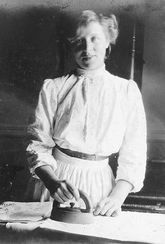 A career girl, circa 1906 A career girl, circa 1906 Fortunately, I really love this kind of thing. Research like this makes the past come alive in ways a text-book can't quite touch. Movie-making, too, allows us to remember that our ancestors were, at the end of the day, people just like you and me, trying to make a go of things and learning, working, laughing, fighting, and loving along the way. Now, if you'll excuse me, I have to find out whether lemons would have been available in New Hampshire in May of 1906...
0 Comments
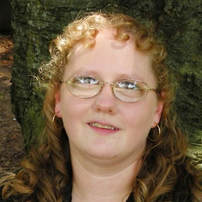 Homeschooling mother of three and author Rachel Rossano Homeschooling mother of three and author Rachel Rossano 1. Hi and welcome to Wanderings! Our audience is dying to get to know you, so tell us a little bit about yourself! Thank you for having me. I am a happily married homeschooling mother of three kids. Writing is my passion and cover design my hobby. I love a good story. If I can’t find one, I endeavor to write one. 2.What inspires your writing? Life inspires me. I love people: how they make decisions, relate to those they love and hate, and what they pursue. Situations can spark ideas. Conversations, visual impressions, and people’s body language all have provoked me to mull over new ideas. 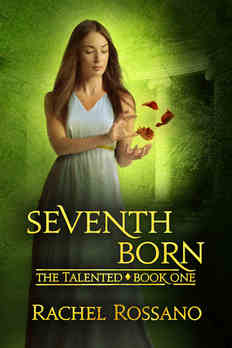 3. What inspired you to write this book? Seventh Born, and the whole Talented Trilogy, started with an idea over a decade ago now. My husband I were having difficulty having children and I was faced with the very real possibility that we would remain childless. As I realized that dream might be slipping away, I prayed a lot, trying to find a new long term dream or goal, a purpose. The answer was publishing. With that in mind, I struggled with the fact that all of the publishers I looked into were not looking for what I wrote: non-magical historical-like medieval-like romance with adventure. So, I decided to try to write straight fantasy. What if one of my main characters were a public official in a country that officially followed a different religion, sort of like the prophets of the Bible? What if I used the seventh son concept that I kept encountering in my reading at the time? What if I threw in some special abilities that could be possibly genetically engineered? But I didn’t want to do science fiction so I set it in a regressed society inspired by some Roman cultural aspects (in their dress, architecture, and vocabulary), but not in everything, which gave me room to world build in new directions. 4. Romance is the best! Which classic couple is your favorite: Elizabeth and Darcy? Jane Eyre and Mr. Rochester? Romeo and Juliet? Or do you have another favorite and if so, what makes them the best? One of my long-time favorite books is Jane Eyre. However, Elizabeth and Darcy hold a close second. Darcy, especially, has inspired a character in some of my books. Lord Dentin of Honor and the Novels of Rhynan series is almost a medieval version of Darcy. However, all that said, I tend to be drawn to romantic couples and their relationships. Realistic romance tends to crop up in all of my books. 5. So, you’ve just written a book: what’s next? More writing and publishing is on the agenda. I currently have five novels (the next two in The Talented series, the first installment in a science fiction series, a contemporary inspirational romance, and then third novel in the Novels of Rhynan series) are in the pre-publishing process. I am currently writing the first draft of a novel in a new series, with at least five more installments planned. I still even more ideas simmering on the back-burner for more novels. I can’t wait to write them all!
by Madeline Miller Released April 10, 2018 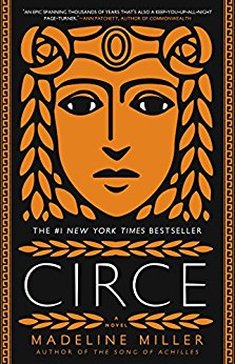 Born in the house of Helios, the sun god and leader of the Titans, Circe is an outsider. She isn't powerful like her father or seductive and manipulative like her mother. Instead, Circe has a mind of her own, the voice of a human... and the power of witchcraft. When one of her spells turns a cousin into the dreaded monster Scylla, Circe is banished by the Olympian Zeus to a deserted island and there begins an epic journey of self-discovery. Alone on the island, she hones her skills, tames the wild nature around her, and meets some legendary characters: the Argonaut Jason and his witch-wife Medea, the tragic Daedalus and his son Icarus, the Minotaur, and the wily, unforgettable Odysseus. When Circe becomes a mother and unwittingly draws the full wrath of the gods down on her once-ignored island, it will require every trick in her book to protect what she loves... and choose, once and for all, where she truly belongs. Ms. Miller weaves a tantalizing tale of love, power, and true strength, imbuing Circe with both terrible flaws and human-like weaknesses. Those familiar with the myths will enjoy encountering their heroes through Circe's eyes and with Ms. Miller's lucid and elegant prose, the reader will be hard pressed to put the book down. The story is at times brutal, grotesque, and bold, as all Greek and Roman myths are, but it's also beautiful, sad, and heartening, a true epic of a novel. It is surprisingly uplifting and refreshingly old-fashioned: through this wild tale of a rejected, marooned, and vengeful witch-goddess, the goodness and worth of simple humanity is beautifully celebrated. Highly recommended. Arthur Daigle is the author of the William Bradshaw series, as well as a biologist, avid gardener, and amateur artist. In this week's Five Questions For, he talks about his inspirations and why he isn't the tortured-writer-type. 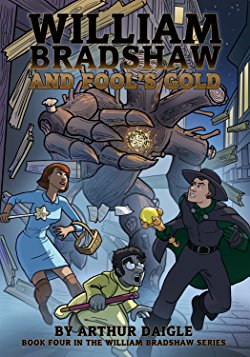 1. When did you begin writing? I started writing back in high school. I had free time between classes and not much to do (I’m not much of a joiner), and I decided to spend some time writing. It’s addictive. My earlier works will never see the light of day, and that’s for the good of mankind, but it was a steppingstone to the work I do today. 2. What inspires your writing? Oh where to begin? I draw inspiration from places you’d expect and ones you’d never guess. Books, movies, TV, dreams, back of the box video game descriptions, and sometimes the ideas just kind of show up, no idea where they came from. 3. What do you hope people get from your work? I want them to laugh so long and so hard that the world looks a bit better when they’re done. 4. I know when I write a book, I always have a particular person in mind as an audience. Who do you write for? See, that’s not the way I write. I write the kind of books I wish I could find at bookstores and libraries, so I’m basically writing for myself. I’ve since learned that middle school students, adults and seniors enjoy my work. 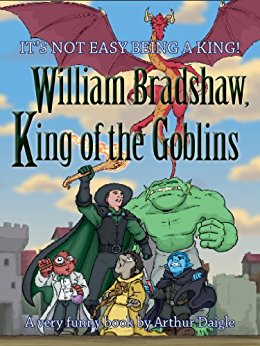 5. Not only are you a writer, but you love the natural world: tell us more about that passion! I have a degree in biology and am a lifetime gardener. This helps me make fantasy worlds that better follow real world laws. You wouldn’t think that matters, but there comes a point where even lovers of fantasy ask why basic facts of nature are being ignored. 6. I use soundtracks to help keep me on track with books. Do you have any writing rituals to keep you motivated and in the mood? I take long walks. Besides being good exercise, I find it helps me think. I imagine scenes from my books like short movie clips running in my head. These clips ‘run’ anywhere from a few seconds to five minutes long. Once I have enough of these mental clips, I sew them into a complete book and then begin writing. 7. I love sci-fi and Star Trek, so I have to ask: who’s better, Kirk or Picard? And why? Kirk. There is an episode in Next generation where Worf’s adopted brother alerts the Enterprise that a world with intelligent aliens is about to suffer a worldwide catastrophe that will wipe out all life. Picard replied that the Prime Directive required him to let the world’s inhabitants die. It was a legalistic response without humanity, and it basically meant that a society not advanced enough to ask for help deserved to die rather than “contaminate” it by helping, as if extinction was a better alternative. The episode really bothered me. Kirk would have said, “Saving innocent people is more important than the rules.” 8. Okay, now the big question: Star Trek or Star Wars? That’s a hard one because Star Wars has literally decades of TV shows and Star Wars has only the movies. I like both for different reasons. Trek has a wider universe with many sides (Klingon, Romulans, Cardasians and so forth). Wars did a better job of showing what life was like for the average man and the worlds looked more lived in. 9. So, you’ve just written a book: what’s next? Write more books. Like I said, it’s addictive. I’ve heard of the tortured writer and I just can’t relate to that. When I write I get into a sort of flow where time flies by unnoticed. It’s a good feeling when I make work I’m proud of, and whether my books sell well or not, I’ll always keep writing. Be sure to check out all of Arthur's books on AMAZON.COM!Every other Monday, we ask indie authors Five Questions about themselves and their fabulous new books. Looking for your next great read? You'll find it here, with these folks! 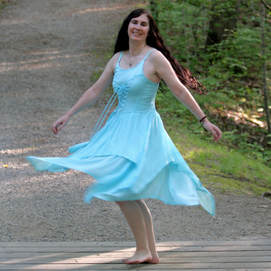 Lisa Shea, the fabulous prolific author & Medieval history buff Lisa Shea, the fabulous prolific author & Medieval history buff 1. Hi Lisa, and welcome to Wanderings! Our audience is dying to get to know you, so tell us a little bit about yourself! Greetings and Salutations, everyone! Writing has been my creative outlet since I could first hold a pen. My school bus rides were about an hour each way, and these were the days before smartphones. I spent the time inventing epic storylines with brave heroines and challenging obstacles. I now have over 300 works published on Amazon. I love all sorts of storylines. For fiction, I’ve written medieval romances, cozy mysteries, dystopian, science fiction, fantasy, time travel, historical fiction, and probably everything else in between. I’ve also written quite a number of non-fiction titles. 2. What do you do when you're not writing? When not writing I am vice president of the Blackstone Valley Art Association. I am fascinated with film photography, watercolors, cyanotypes, and a myriad of other styles of art. 3. I know when I write a book, I always have a particular person in mind as an audience. Who do you write for? I always write to allow the characters to come to life. It is in my nature to write as authentically as I can and to let the characters speak for themselves. I never try to plot them in a direction or force a certain ending. I don’t think about any third party person peering in on this world. I start with the characters. I think about what they would say. I consider how they would react. That then leads to new developments in their lives. It allows them to learn and grow in a way which comes naturally. I am often surprised about the directions the characters take and the way the story ends. I think that is a real joy of being a writer – to allow the creative process to blossom and unfold. I am thrilled that there are readers out there who enjoy my creations. 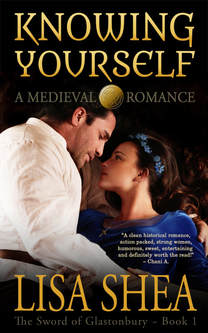 4. You have a background in medieval history: how does this contribute to your creative life? I have adored the medieval time period since I was very young. I have belonged to the Society for Creative Anachronisms (SCA) for many years – this allows me to take on the personae of a medieval woman. I sew and wear medieval dresses. I participate in medieval dance and play medieval instruments. I ride horses. I have learned to fight with a medieval long sword and dagger. I’ve been to quite a number of medieval locations and castles to get a sense of what it was like to live there. In my medieval stories, I always remember that there is a balance. A reader usually does not want a history lesson. They want to immerse themselves in another person’s life, if only for a short while. I use my knowledge of medieval food, drink, music, and other things in order to bring that world to life for my readers. 4. I know you love to travel. Do you set your stories in places you’ve been? I feel strongly that an author should write what they know. This is the best way to bring a story to rich life. A person who lives and breathes New York City every day will bring it to life in a way that a person living in Siberia just could not do, no matter how many books and websites the Siberian person read. But the Siberian person could create the most stunning portrayal of Siberia that existed, and the world would thrill in reading it. When I write my cozy zoo mystery series, I go to each zoo in order to capture the way the light falls across the statues and the feel of the petting zoo animals beneath my fingers. My Sutton Massachusetts mystery series is written a chapter-a- day as I explore my hometown. An environment comes to life due to its scents, textures, reflections, and other sensory attributes. These are things that shine when experienced in person. We all have stories to tell and we all have locations we know intimately. That is where a story truly comes to life – when an author shares that insight into what makes a place special.
In this new feature, we ask indie writers five very important questions about themselves and their work! Five Questions For... will appear on this blog every other Monday - be sure to sign up for the newsletter and never miss a great new author! Jenna Books is an award-winning novelist, editor, columnist, coach, and instructor. She writes psychological thrillers that focus on domestic violence and its shattering aftermath, with a special emphasis on family law and the court system. She talks to us here about her passion for writing. Be sure to check out her interview on the Late Night Live show on Narrow Street Films on April 25!!  1. I know when I write a book, I always have a particular person in mind as an audience. Who do you write for? I write to get my anger out. I write for me. I want people to open their eyes and look around before it’s too late, before they’re facing a situation and don’t know what to do about it. I have to admit, when you read my books, there’s a lot of high style venting. I think I just write so I don’t die of intestinal problems. 2. What made you angry? I worked as a divorce coach, with a specialization in domestic violence. One afternoon my client and I was threatened by her ex, threatening to run us down with his truck – revving his engines, screaming at us through his window. Not an active threat, but a visual. I got her into her car, sent her on her way, then turned to him and said, “Look, moron, I’m not your wife. If you kill me, you’re going to go to jail.” (I have no sense of self-preservation.) I was furious. I was driving home, shaking, and suddenly it occurred to me, “What if he had done it?” And that’s where October Snow was born. 3. Family is important! How does your family inspire and support your work? My son hasn’t even read my books! My daughter edits them, though. They are really supportive. When I told them I was quitting my job and getting a tiny apartment to write full time, they weren’t even surprised. They just said, “Hey, that’s great, Mom!” I think they’re used to my doing weird things. We are a really weird family. 4. Which author is you biggest influence? The apostle James. I’ve gotten more out of that little book than an entire library. He’s kind of like me, just bucking conventional wisdom. Paul’s pretty good, too. 5. Do you have any writing rituals to keep you motivation? I don’t even write from an outline – I just write when I’m in the mood. I always know what social message I want and I go from there. Though, as soon as I type ‘The End’, I sigh contentedly, I light a cigarette and pour myself a shot of amaretto. So that’s a ritual. Bonus Question! So you’ve written two books and two coaching guides. What’s next next? Next is book three, Meltdown. Jack’s back. That’s all I’m going to say. Anyone who’s read it will know what it means.
Previously published, but worth repeating.... Now with helpful illustrations! 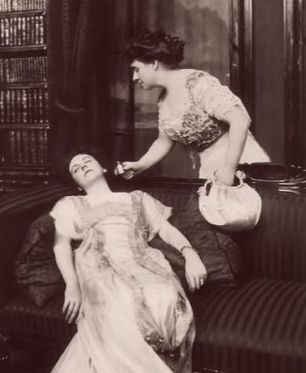 Writers are, by nature, sensitive beings, prone to sudden fainting spells and frequent temper-tantrums. Writers are, by nature, sensitive beings, prone to sudden fainting spells and frequent temper-tantrums. It is inevitable that every writer will, upon submitting their novel for editing, have that conversation. You know, the one where your editor slides your baby, the thick pile of pages that you've spent so many doting hours on, and utters those dreaded words: "I think you need to cut this scene." Cutting unnecessary scenes is normal, a natural part of the writing process, and one that should be faced with dignity, maturity, and calm acceptance. But since we're writers and artists, calm and dignity might be expecting a little much. It can help to know that, not only are we not alone, but there are actually five stages to receiving and accepting an edit. For the benefit of mankind, I outline them here, with illustrative dialog (which may or may not be autobiographical). Behold: the Five Stages of Editing Acceptance (or, How to Survive Your Mean Editor, with helpful illustrations...) 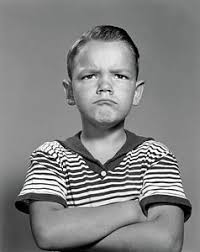 1. Denial The writer will resist the cut/edit/suggestion vehemently, to the point of self-delusion. "What are you talking about? This doesn't need to be cut. This is a perfectly gorgeous scene, so well written Shakespeare would have prostrated himself before my pen! PG Wodehouse would have given up and gone into drama. Shelley and Keats would rise from the dead just to praise me in verse! Yes, it's absolutely necessary. Why? Um, character development, of course. Yes, character development. No, I'm not making that up. Shorten it? Are you nuts? The main character finds a squirrel in her house - it takes twenty pages to describe that properly!" 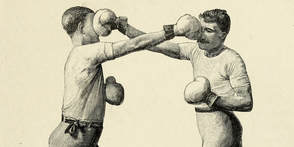 2. Anger On facing the editor's implacable insistence, the writer will often turn hostile. "Well, what do you know, anyway? I'm the writer - in this story, I'm the puppet master, the know-all, be-all and end-all. You just don't understand. Like everyone else, you can't just leave art alone - you have to try to destroy it. Why are we even friends? Yes, the squirrel is important! Do you hate squirrels or something? No, I will NOT keep my voice down. Yes, I will keep that scene, I will, I will, I will! You can't make me cut it. YOU ARE SO UNFAIR!" 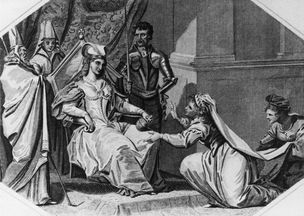 3. Bargaining Feeling helpless, the writer will then try to regain control of the situation. "All right, all right, fine! I'll consider it. How about I cut it back by about five pages. Seven? Ten... Ten, and I'll also cut the grocery store scene. Okay, okay, okay, final offer: I'll cut the squirrel scene by fifteen pages and the grocery store scene and toss in another romance scene to sweeten the deal, what do you say?... "Read it again and get back to you? If I do that, can I keep the squirrel scene?" 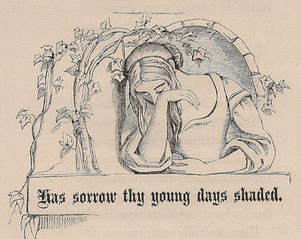 4. Depression Being forced to accept the authority of the editor, the writer will inevitably slump into self-recrimination and depression. "Yes. "Yes, I re-read it. You were right. It's horrible. It's stupid, a complete waste of time, ink, and paper. I can't believe I wrote this. Actually, I can. I'm the worst writer ever. This book make PS: I Love You look like a Pulitzer Prize Winner. I should never have learned to write. And what's worse, I ripped into you like... like.... "Well, that’s it. I quit. I'm turning in my keyboard. I'll throw myself on my pencil. Why am I even here? I'm a terrible writer, a terrible friend, a terrible person, and I need a double shot of Crown, like, right now." 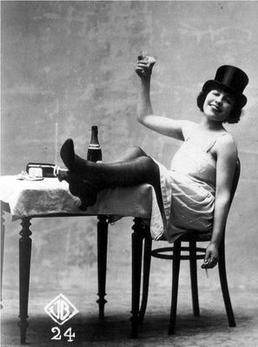 5. Acceptance Moving forward, the writer sees the wisdom in the suggestion and begins to rebuild their self-esteem - which will last until the next edit or critique. "Okay, okay, I've cut the scene altogether and you know what? The story flows so much better now! It isn't terrible at all! It's tight, it flows, and I am a genius! Oh, right, it was your idea, I know, but that's what editors are for, right? "Hey, you know, I was feeling so good, I actually added an epilogue. Remember the tangerine incident? Maybe you haven't gotten that far, but it's hilarious, so I expanded it into this cool little... "Oh, you read it? What did you think?... It's not trite. It's cute!... Cliche! Honestly, you make me so mad sometimes!" Ad nauseum. Writers: making the emotionally unstable look like stoics since the invention of the hieroglyphic. 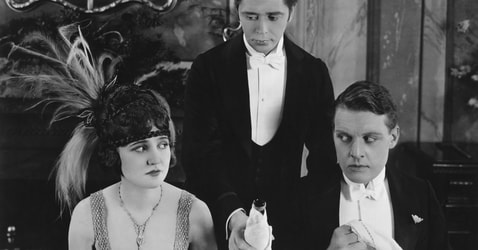 Your writing projects can be great sources of conversations at parties. They can, in turn, be causes of disillusionment. Every once in a while, I'll have a conversation that goes something like this (apologies to every unfortunate soul who got stuck standing next to me at a party!) New Acquaintance:
So, I hear that you're a writer. Do you make much money off your books? Me: (laughing) Good heavens, I'm lucky if I make anything at all! Acquaintance: Oh, all right, so you must have a deep, meaningful message to share with the world. Me: I guess. Acquaintance: What is that message? Me: Um... The world is a cool place with nice people in it? History is fun? Always take time to smell the roses? <Me thinking: Wow, that is so deep! Maybe I really am a philosopher!> Acquaintance: <thinking: That's about as deep as a Hallmark card.> So, you write to promote <names a cause>? Me: Well, I guess if it does, that's a good thing. Acquaintance: Oh, I see! Then you must do it for art? Me: Art? Golly, I'm not sure if what I do can be called art, but I'll take the compliment, thanks! Acquaintance: Right... So, uh.... why do you write? Me: Why do I write? That's very simple! It's because... Because... Uh... well, I guess because I like it. Acquaintance: You like it. Me: Yeah. Plus, I've been doing it so long I don't know what else to do, you know? Acquaintance: That's not terribly artsy. I thought all artists had deep philosophical thought or musings or... something. Anything. Even angst will do. Me: Yeah, I used to think so too. But angst is exhausting and kinda over-done, don't you find? Acquaintance: Oh, well, I guess... I'm sorry, why do you write again? Me: Because it's there. <awkward pause> Acquaintance: That's why you climb mountains. Me: You've obviously never written a book. It's much the same. Acquaintance: ...Okay, I'm going to go talk to your sister now. Me: I don't blame you. Have fun. 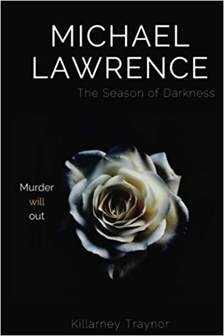 I've always been a bit of a DYI person. Not that I'm the type that makes my own cheese (though it's on my to-do list) or swaps out transmissions or anything intense like that. But when it comes to publishing and writing, I generally find myself trying to do everything. Sometimes I have great results. Sometimes it's more of a 'Lesson Learned' thing. Making my own cover for Michael Lawrence: the Season of Darkness was one of the latter. Don't get me wrong - I love this cover (the colors! the rose! the intrigue! Isn't it pretty?)! But over the course of the months, going to different live events, I got some feedback that made me realize that I have many things to learn about graphic design. Here are a few, which I now gladly share with you! 1: SIZING THE TYPE Intention: The Season of Darkness is intended as the start of a small series, so I made the main character's name big, as it's the title of the series. Result: Almost everyone has assumed that Michael Lawrence is the author. It's only when they squint that they see my name. Unlike Laura Holt's attempt to drum up business, putting a man's name on my book hasn't helped sales, alas! Conclusion: Make sure the author's name is large enough to see to deflect confusion. Also, when I re-do this cover, I'll probably be listing it as 'The Season of Darkness: a Michael Lawrence mystery'. 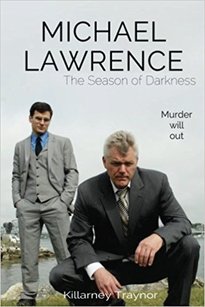 The Movie Tie-In Cover The Movie Tie-In Cover 2. THE ROSE Intention: In the language of flowers, the white rose stands for marriage (among other things) and I thought this rose, threatened by encroaching darkness and shadow, represented Michael's marriage problems pretty well. #deepermeaning, am I right? Result: Turns out, when most people see a rose, they think 'romance' - regardless of color (several would-be readers thought fantasy romance when they saw my rose). In contrast, the movie tie-in cover, with the two leads looking like British detectives having a stressful day, was instantly recognizable as what it was: an American murder mystery. Conclusion: Don't try to be too clever with your imagery. If the book looks like a romance novel or a gothic adventure, mystery enthusiasts will not bite. (Alas, my poor, misunderstood rose!) 3: THE TAG-LINE Intention: "Murder Will Out' is an idiom meaning 'murder cannot remain undetected'. I'd heard this phrase used over and over again in the mysteries I read and watched and it's the perfect tag for this particular case for reasons that I can't get into without spoilers. Plus, I knew it was English, which, as I was going for the feel of a British murder mystery, only added to its appeal. Result: Turns out, whatever books or movies I was enjoying aren't commonly known. This phrase, which is of unknown origin but sometimes attributed to Chaucer, made more people question me than the numbers 1 and 2 combined. No one knew what it meant. As a result, no one was intrigued by it. Conclusion: Run your tag line by a few people before you commit to them. It'll save you a lot of explanations in the long run. In Summary, creating your own cover is a ton of fun and well-worth the time and effort. But do yourself a favor: show it to a few of your friends, neighbors, co-workers, or innocent passersby before you commit. You may be saving yourself a lot of explanations in the future!
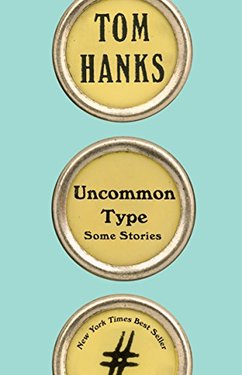 A World War 2 veteran reflects on his past one Christmas Eve. A suburban single-mom moves into a new neighborhood and finds herself dodging the attentions of the eccentric science teacher next door. A young boy takes his first flight in his mother's boyfriend's plane. An aspiring actress in 1950s New York finds help from an unusual source. A man who has everything finds himself in love with the one woman he can never have - or can he? Uncommon Type is a collection of 17 short stories by Tom Hanks, all of which feature, in one way or another, a typewriter. Book-ended (see what I did there?) with stories of a tight-knit if eccentric group of friends, Hanks' stories are alternately tragic and hilarious, folksy and edgy, hopeful and heartbreaking, but always human. In fact, that's probably the best thing you can say about this book: you put it down feeling that, in some way, the world is a little warmer and a little more home. Not all of the stories come off perfectly - it feels in some that Hanks is stretching his literary muscles a little beyond their capacity - but that being said, its been a while since I've read a new book that made me feel like the human race was all right. I could use a few more books like this one. (Note to clean-read enthusiasts like myself, there are a few adult scenarios in these stories.) 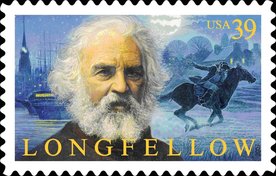 For some reason, this poem has been on autoplay in my head all week (that and Days in the Sun from Beauty and the Beast - excellent movie, you should really go see it). I memorized this as a teenager and can still recite most by heart. What I love most about this is its vigor and inherent optimism. Hopefully it'll resonate with you, too. Happy Friday! Psalm of Lifeby Henry Wadsworth Longfellow
What The Heart Of The Young Man Said To The Psalmist.: Tell me not, in mournful numbers, Life is but an empty dream! For the soul is dead that slumbers, And things are not what they seem. Life is real! Life is earnest! And the grave is not its goal; Dust thou art, to dust returnest, Was not spoken of the soul. Not enjoyment, and not sorrow, Is our destined end or way; But to act, that each to-morrow Find us farther than to-day. Art is long, and Time is fleeting, And our hearts, though stout and brave, Still, like muffled drums, are beating Funeral marches to the grave. In the world’s broad field of battle, In the bivouac of Life, Be not like dumb, driven cattle! Be a hero in the strife! Trust no Future, howe’er pleasant! Let the dead Past bury its dead! Act,— act in the living Present! Heart within, and God o’erhead! Lives of great men all remind us We can make our lives sublime, And, departing, leave behind us Footprints on the sands of time; Footprints, that perhaps another, Sailing o’er life’s solemn main, A forlorn and shipwrecked brother, Seeing, shall take heart again. Let us, then, be up and doing, With a heart for any fate; Still achieving, still pursuing, Learn to labor and to wait. Book 3 in the Seasons of Love series, by Liwen Ho.  Librarian Chloe McAlister has almost gotten used to life with a cochlear implant, thanks to her best friend Dill Thomas, when life hands her another unforeseen twist: her longtime crush announces his engagement to someone else. On a whim, she signs up for a speed dating session and convinces Dill to go along with her, only to discover that Dill might actually be the man of her dreams after all. But he's met someone else. Is it too late for happily ever after? Liwen Ho writes short, fun stories that are easily read during your lunch hour and she has the happy knack of writing characters that you like from line one. Chloe and Dill are a likeable pair who are so natural on page that you'd swear you know them in real life. Chloe's struggles with self-image after her cochlear implant feel realistic and it's refreshing to see a rom-com character deal with something so life-altering in a fun, positive way. This is book three in the Seasons of Love series, and while each book is stand-alone, characters from previous books do crop up in in this one. Highly recommended. Enter to Win Two Tickets to the |
The BlogWelcome to Categories
All
|
Copyright © Killarney Traynor
All Rights Reserved.
No part of this website may be reproduced without
the Owner's express consent. [Backlinks allowed.]
All Rights Reserved.
No part of this website may be reproduced without
the Owner's express consent. [Backlinks allowed.]

